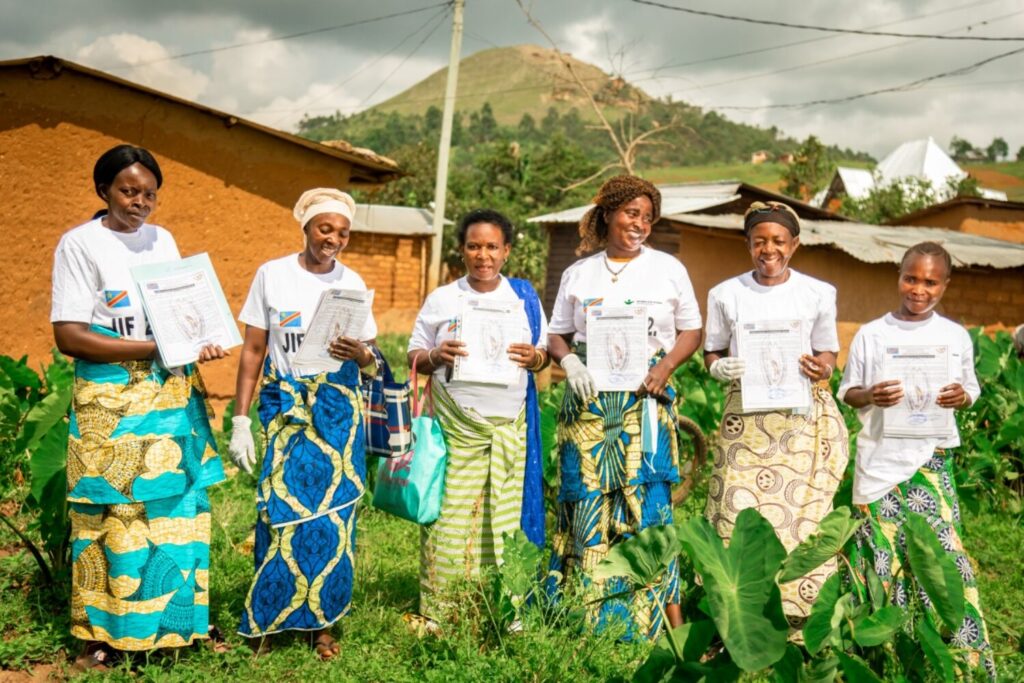
The Democratic Republic of Congo (DRC) traditionally awards landed properties to the males since eons. This is typical of many patriarchal societies in Africa where only males inherit land in their families. This restriction in access is gradually changing in the East African country as the women are pushing back with support of a NGO, Women for Women International.
Angélique Mwa Namupopa, her husband and their nine children live in Nyangezi, a cluster of 43 farming villages, near Bukavu in south Kivu, the Democratic Republic of the Congo (DRC). In DRC, like in most developing countries, very few women own the land they toil on. Her husband owns land, but she never thought of asking him if she could farm there. Thus, Mwa Namupopa worked on other people’s fields in exchange for a small stipend.
The situation is changing as Angélique now owns her land which has greatly improved the family conditions.
The advocacy coordinator of Women for Women International, Chantal Kizungu observed: ‘In our culture, the man is the supreme chief of the family. Women labour in the fields, but when it’s harvest time, the men come back, often drink the proceeds and [often] beat their wives. There is a lot of violence against women, who are seen as inferior with no value and no voice.’
For more than 5 years, the charity, Women for Women International is working in DRC to educate women, and men likewise, about women’s land rights and gender-based violence.
It is worthy of note that the 2005 DRC constitution grants equal rights for men and women. More recently, the country has issued laws that further strengthen gender equality, and ratified international conventions. But these laws are seldom applied, especially in the countryside where centuries of traditions prevail.
culled from: Positive News